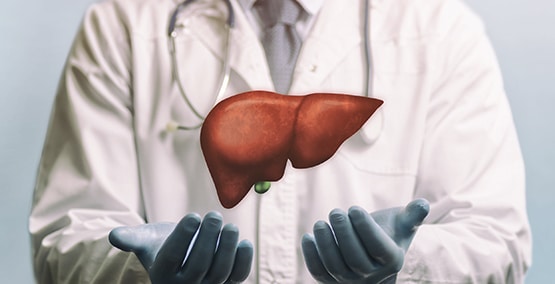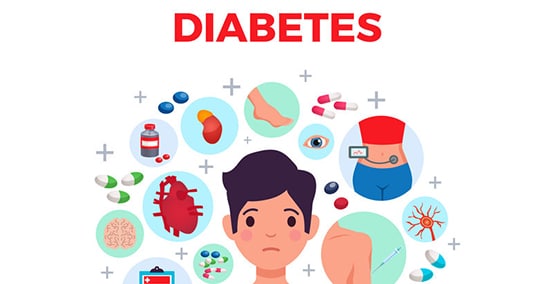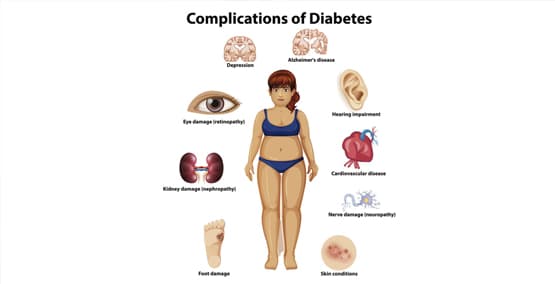
Recommended vitamins in cystic fibrosis
4 Nutrients you need to emphasize in CF
-Vitamins are substances in foods that the body needs to function well. Vitamins from food are released by the action of digestive enzymes. When enzymes are blocked in cystic fibrosis (CF), vitamins from foods may be poorly absorbed. Vitamin supplements in a form that is easily absorbed (water-soluble) are needed along with pancreatic enzyme replacement therapy (PERT).
Water-soluble vitamins (the B vitamins and Vitamin C) are usually well absorbed by those who have CF as long as they get enough of them in the foods they eat. If not, they may need to take a vitamin supplement.
Vitamins that are poorly absorbed in people with CF are the "fat-soluble" vitamins: A, D, E and K. This is because people with CF have trouble absorbing fats. These vitamins are available in liquid, chewable tablets or capsule form and should be taken daily as prescribed.
Vitamin A is needed for good vision. It is also needed for eyes, skin and to help the cells in the body work properly (cell to cell interactions). Vitamin A comes from animals (diary products, kidneys, liver and fish liver and eggs) and plants, especially green and yellow vegetables. Lack of adequate vitamin A may lead to dry eyes, damage to the cornea and night blindness. As a result, taking Vitamin A is important for those with CF.

Vitamin D is needed for bone strength. It ensures a balance between calcium and phosphorus absorption as they go in and out of the bones. Researchers are now discovering that Vitamin D also has an important role in the immune system. Good sources of vitamin D include cow's milk, fatty fish, beef liver, and egg yolks. So it is absolutely essential to have enough vitamin D in people with CF.
Amount of Vitamin D Needed by Healthy individuals according to ____
Age Male Female Pregnancy Breastfeeding
0–12 months* 400 IU 400 IU
1–13 years 600 IU 600 IU
14–18 years 600 IU 600 IU 600 IU 600 IU
19–50 years 600 IU 600 IU 600 IU 600 IU
51–70 years 600 IU 600 IU
70 years + 800 IU 800 IU
IU = international units
When normal amounts are not enough to keep vitamin D levels in a healthy range, more may be recommended. The upper limit for vitamin D is 1,000 to 1,500 IU/day for infants, 2,500 to 3,000 IU/day for children 1-8 years, and 4,000 IU/day for children 9 years and older, adults, and pregnant and lactating teens and women.
Vitamin E is an antioxidant and is needed to make sure the nerves and brain work properly. It helps make sure the light sensitive layer of the eye (retina) and muscles are healthy. Common dietary sources of vitamin E are fruits, vegetables, meats and oil containing grains.
Lack of enough vitamin E may lead to vision problems, muscle weakness, poor muscle control and other nerve or muscle problems.
Vitamin K is essential for clotting. Lack of vitamin K can lead to uncontrolled bleeding. Good sources of vitamin K include intestinal bacteria, green vegetables and meats.




